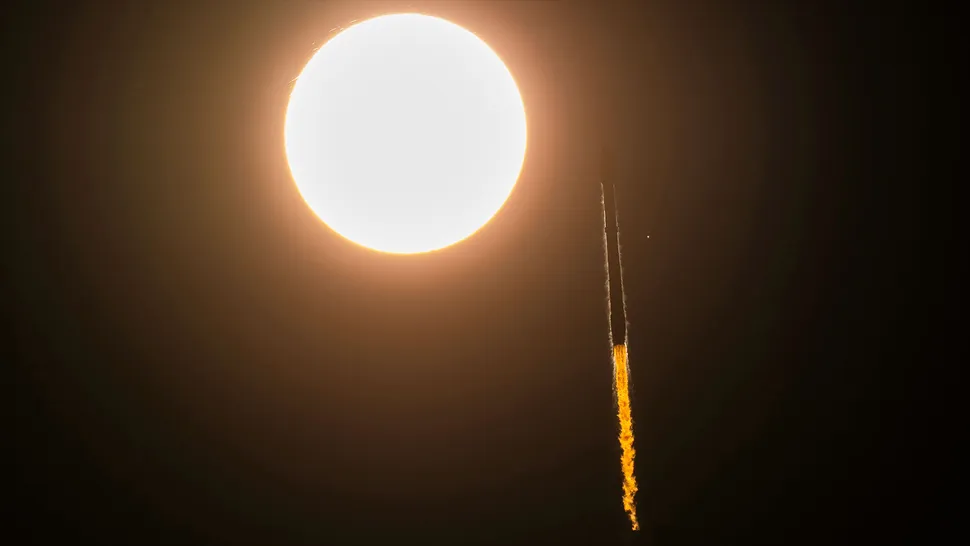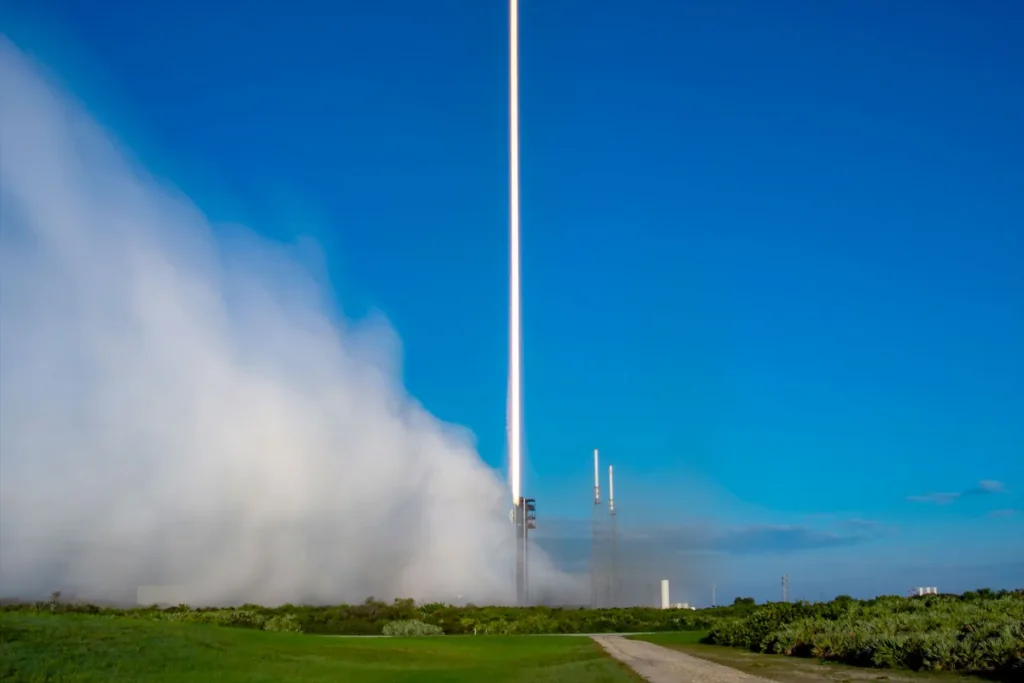
SpaceX successfully launched 28 Starlink satellites from Florida boosting its growing constellation in low Earth orbit and strengthening the future of satellite internet coverage worldwide
Starlink Satellites Launch from Florida Explained
When a rocket rises from the Florida coast carrying dozens of Starlink satellites the night sky lights up like a highway of moving stars this latest mission
added 28 new spacecraft into low Earth orbit and with every launch SpaceX keeps building the largest internet network ever attempted the Florida site has become
a lifeline for the company because of its access to both Atlantic trajectories and its long history of human spaceflight infrastructure each launch is not just a routine flight but a demonstration that building a mega constellation in space is now possible what makes this event special is
not the number of satellites but the pace with which they are deployed it shows how reliable the Falcon 9 system has become the boosters return and fly again reducing costs while the satellites spread across orbit to provide coverage to new regions around the world
Why Florida Remains the Key Hub for Space Launches

Florida has been the home of space travel for more than half a century and the reason goes beyond its coastline the location allows rockets to fly eastward
over the Atlantic Ocean taking advantage of Earth rotation to save fuel the weather is mostly favorable and the infrastructure is already built with pads that
have hosted Apollo Shuttle and now Falcon 9 every new mission benefits from decades of experience and that is why Florida stays the center of launches in America
with each Starlink flight the legacy continues and the region becomes even more important for the space economy
How 28 New Satellites Strengthen the Starlink Network
Adding 28 new satellites might sound like a small step but in the context of a global constellation it is a powerful upgrade each unit works as a node in a
giant mesh network linking with others to send internet signals across vast distances traditional fiber cables cannot reach remote deserts oceans and mountain villages but satellites bridge the gap quickly this new batch will help balance coverage and increase capacity for users
in North America Europe and parts of the Pacific the vision is not just fast internet but a global digital highway that treats every location equally with each
launch SpaceX moves closer to reducing digital divides many early users already report lower latency and stable connections even in storms and that is where the true power of low Earth orbit lies
Future of Starlink and Satellite Internet in Low Earth Orbit
The long term vision goes beyond internet on Earth these satellites could form the foundation of communication systems for missions to the Moon and Mars SpaceX is testing laser interlinks that allow satellites to talk directly to each other without ground stations meaning faster
coverage and less reliance on local infrastructure this is important for regions in conflict zones disaster hit areas and polar routes for aviation the 28 satellites
Florida Sky Awaits – SpaceX Falcon 9 Launch Before Labor Day launched today are part of a bigger story of thousands planned over the next decade experts say low Earth orbit constellations could transform how humans
think about borders and connectivity the internet becomes less tied to geography and more about being under a moving web of satellites above
The Bigger Picture of Satellite Mega Constellations
Starlink is not the only project but it is the most advanced one with thousands already in orbit and thousands more planned there is debate over space traffic management astronomy
interference and orbital debris yet the benefits are hard to ignore as these satellites open doors to education commerce health and communication for billions the 28 new spacecraft
from this Florida launch are tiny pieces of a massive puzzle together they represent a future where internet is a universal right not a privilege
H Balancing Growth of Mega Constellations with Space Safety
The excitement of fast global internet must be balanced with the risk of thousands of satellites sharing low Earth orbit astronomers worry about bright streaks
in telescopes and engineers warn about space debris yet regulators and companies are working on solutions like deorbit systems laser tracking and shared data platforms
to avoid collisions the challenge is huge but the benefits are greater as the new Florida launch shows building a mega constellation is possible but it must be done with responsibility and care so that space remains safe for generations to come
